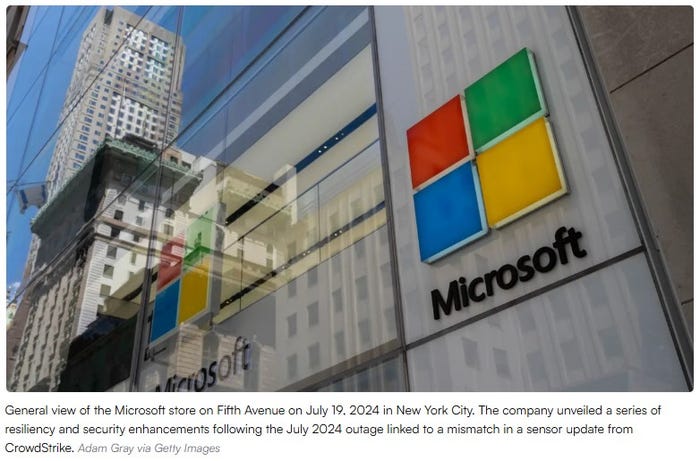Doubts grow over viability of UK’s LTE-based ESN

The problems encountered by the UK’s Emergency Services Network (ESN) have been well documented, but it seems that certain long-time observers of the troubled system are now daring to think the unthinkable: could it be that the ESN will never in fact become a reality, at least in its present form?
Originally heralded as a modern-day replacement of the old-style TETRA-based Airwave network provided by Motorola Solutions and based on an LTE network from BT-owned mobile operator EE, ESN has been an ongoing source of embarrassment for the UK’s Home Office.
The parliamentary Public Accounts Committee (PAC) has been following ESN’s progress, or lack of it, for years, and the committee’s sense of dismay is clearly growing every time it conducts a review.
Optimistic, or delusional?
On Friday, PAC published its fourth inquiry into ESN and accused the Home Office of complacence “in its confidence that it could reduce the risks to the project, and its optimism appears disconnected from the reality of its performance to date and the challenges ahead.”
Meg Hillier, the chair of PAC who has become a hawkeyed critic of the Home Office’s handling of ESN, said the project is a classic case of “optimism bias” in government.
“There has never been a realistic plan for ESN and no evidence that it will work as well as the current system. Assertions from the Home Office that it will simply ‘crack on’ with the project are disconnected from the reality, and emergency services cannot be left to pick up the tab for continued delays. With £2 billion (US$2.62 billion) already spent on ESN and little to show for it, the Home Office must not simply throw good money after bad,” Hillier said.
Hillier now wants to see the establishment of a “clear direction” for this “long-delayed project,” but noted that ESN raises wider issues on the approach to public procurement.
“The Home Office told our inquiry that it admits the commercial approach taken with ESN is suboptimal, but will be pursuing it regardless. New risks will be created if it now rushes procurement or delivery as it searches for a replacement main contractor. The risks of outsourcing services must be better managed, as the government is still accountable for value for money when it does so,” she said.
To read the complete article, visit Light Reading.



